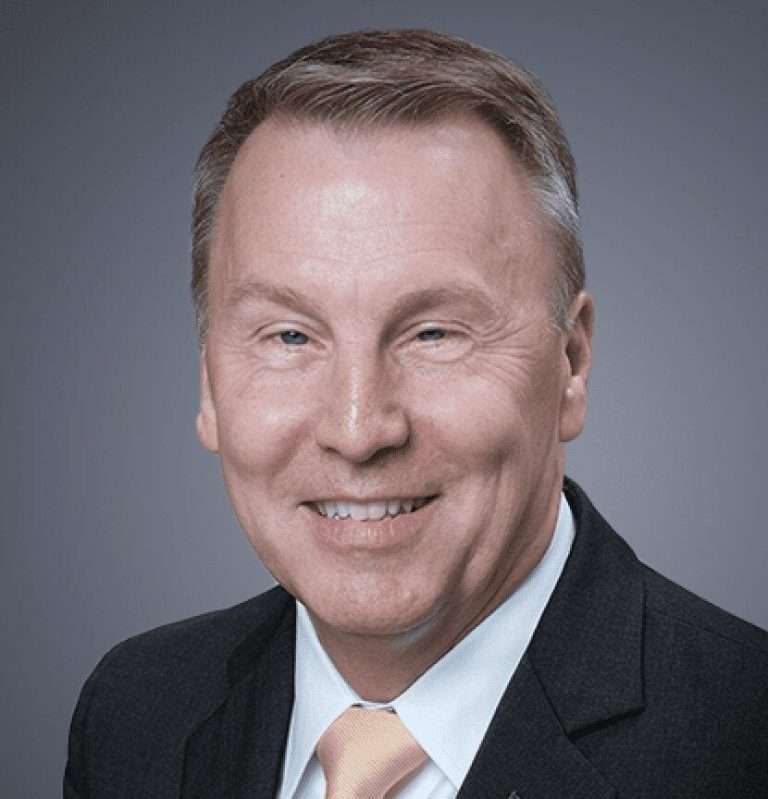Business Professor’s 1998 Study Redefined Conservation Strategies, Earns Top Award


Jeff Camm, a professor at the Wake Forest University School of Business, has received a top award for research that reshaped strategies used in environmental economics and conservation science. Published over 25 years ago in Science, “Species Distributions, Land Values, and Efficient Conservation” remains one of the most highly cited papers in the respective disciplines.
The Association of Environmental and Resource Economists presented its Publication of Enduring Quality Award, an annual recognition of pioneering work with lasting value, to Camm and his co-authors Amy Ando, Stephen Polasky, and Andrew Solow. The interdisciplinary collaboration introduced more systematic approaches to species protection. Camm, whose scholarship focuses on optimization, modeling, and algorithms, has dedicated his career to applying these concepts to real-world problems.
“This research brought together people from conservation, a statistician, and myself as an analytics person focusing on optimization,” said Camm, who currently serves as the Inmar Presidential Chair in Analytics at Wake Forest. “We were able to bring optimization into an area where it hadn’t been used very much. It was a transfer of knowledge from one area to another—from analytics over to biodiversity conservation.”
Optimizing Conservation
The research addressed a critical issue in conservation science at the time. Historically, species conservation efforts in the United States had largely been reactive and uncoordinated, the study noted. They often overlooked the varying costs associated with different land areas across the U.S. While the concept of heterogeneous costs was a common understanding in economics, it had not been a guiding principle in conservation science and practice.
Counties often targeted for conservation had some of the most expensive land in the U.S. Acquiring land within these areas could quickly deplete limited conservation budgets, ultimately protecting fewer species than if resources were allocated to more affordable geographic areas.
The team of scholars introduced an optimization and economic perspective to the problem of protecting endangered species. By analyzing county-level data on endangered species distribution and land prices, Camm and his colleagues discovered that accounting for variations in land prices could dramatically increase efficiency.
This approach allowed conservation efforts to achieve better outcomes in one of two ways:
- Protect the same number of species at a much lower cost.
- Achieve greater species coverage for the same fixed budget.
“This well-crafted communication recognizes that what may be common understanding in economics is not necessarily a central paradigm in other fields,” the AERE award committee noted in its citation. “Via simple illustration of the heterogeneous cost principle and its effect on conservation outcomes it has fundamentally changed how conservation scientists and policymakers view conservation strategies and formulate conservation goals.”
Lasting Legacy: Impact Beyond Academia
Beyond academic circles, the research has influenced how policymakers and organizations approach conservation initiatives.
“This paper makes an important but simple economic point that had been overlooked by researchers and practitioners in land and species conservation: Optimization needs to consider heterogeneous costs as well as benefits,” as stated in the nomination letter for the award. “This groundbreaking work is one of the most highly cited papers in environmental economics and conservation science, laying a critical foundation for integrating cost heterogeneity into economic analysis while demonstrating the power of interdisciplinary collaboration.”
The AERE Award acknowledges work with an enduring legacy. For Camm, it underscores the importance of tackling practical problems with data-driven solutions that make a difference.
“It’s humbling and gratifying because you know you’ve made an impact,” Camm shared. “I’ve always focused on addressing problems that matter to others, and getting this recognition for work we did in the late ’90s is really fulfilling. This recognition by those who understand its importance and influence makes it deeply meaningful.”